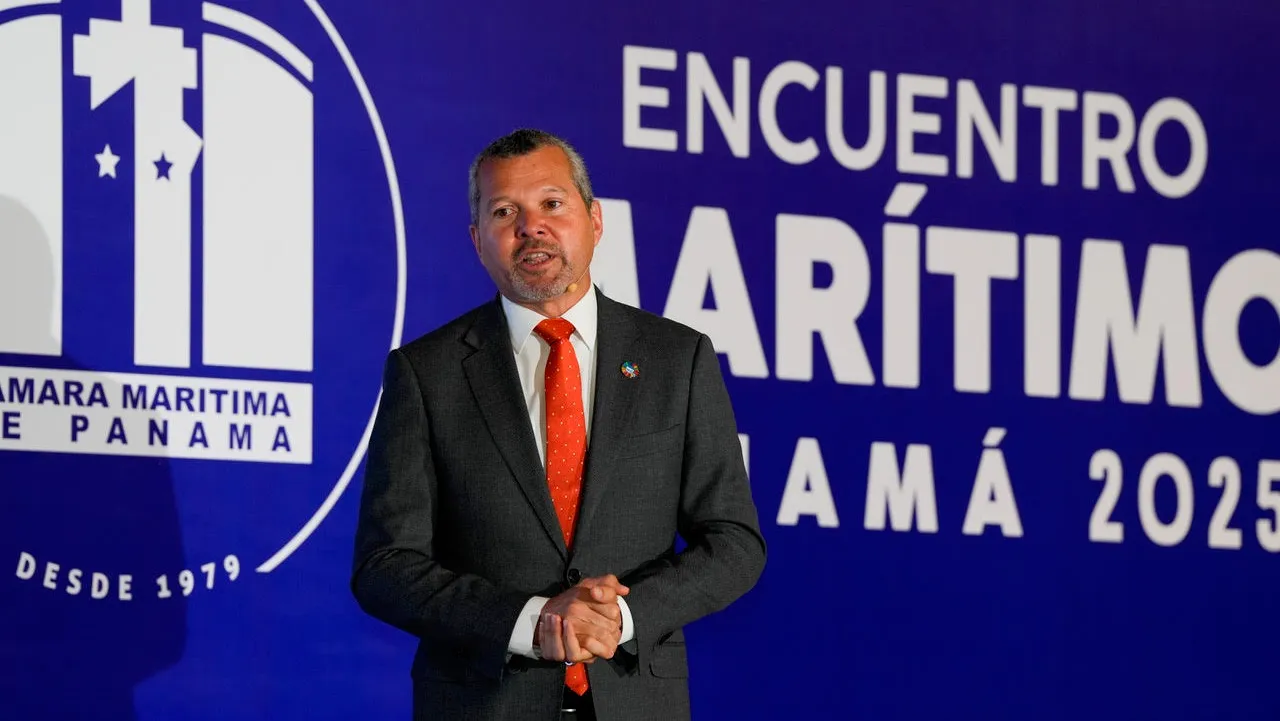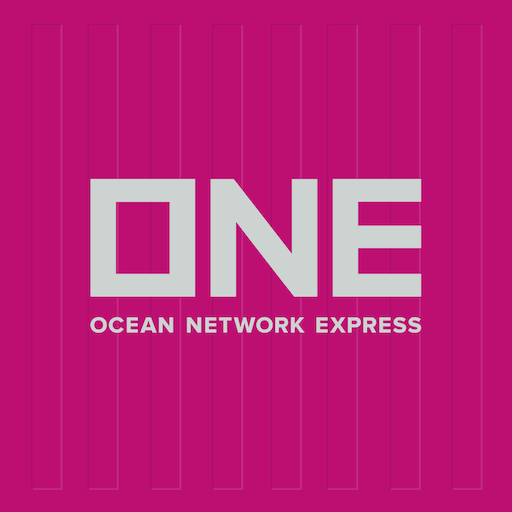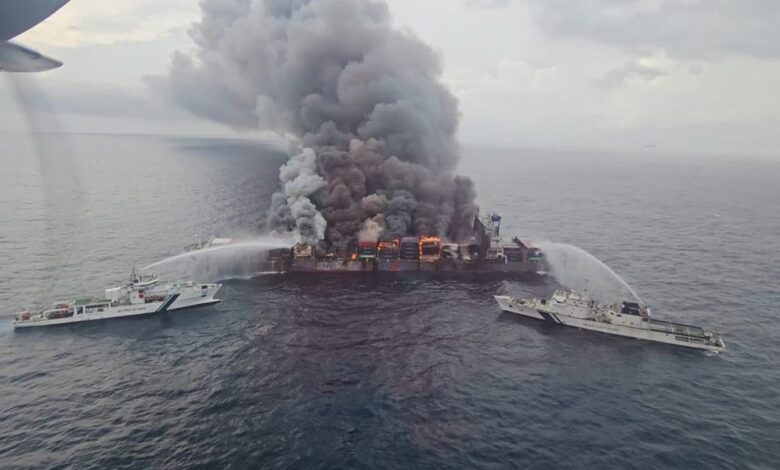SeatradeMaritime: Dark fleet – IMO cannot regulate ship registration
IMO Secretary-General Arsenio Dominguez highlighted the shadow fleet and plans to improve practices for ship flagging in his first official visit to Panama.
International Maritime Organization (IMO) Secretary-General Arsenio Dominguez made a first visit to Panama since he was appointed to the role heading shipping’s global regulatory body.
Panama is home to the world’s second largest ship registry, so it was no surprise that in official visit to his home country Dominguez focused on the shadow fleet and the ship procedures around the flagging of vessels.
“This is my first visit as Secretary-General to Panama, my country, so it is not only an honour, but also a great opportunity to meet with the Panamanian authorities and maritime associations and to share not only the issues that are currently priorities within the International Maritime Organization, but also to have the opportunity to exchange information, conversations, concerns, and any comments that I can offer to maritime associations, ” he said.
Talking to Panama’s Chamber of Shipping, Domínguez indicated that the IMO currently focuses its actions on protecting seafarers and promoting global maritime safety, which includes combating piracy and threats in dangerous areas.
He pointed out as one of the organisation’s main concerns the emergence of so-called “shadow fleets” which use third countries to flag their ships and thus evade international sanctions.
Related:Panama cracks down on dark fleet with age restrictions
It is one of the most important issues in terms of maritime safety and that, although the IMO “cannot and does not wish to regulate the process of flagging ships,” it seeks to establish best practices so that this business is carried out properly.
“We cannot tell anyone how to register their ships, but we can ask each country to have better ship registration practices and to comply with international requirements,” he said, adding that in October, the IMO will revise and improve the practices of flagging ships.
The dark or shadow fleet of sanctioning busting vessels is a associated with frequent changes in flag often with obscure ship registries with a poor track record.
The Panama has taken a number of actions to tighten regulations of its ship registry including the automatic deregistration of sanctioned tonnage, no longer accepting tankers and bulkers over the age of 15 years, and rules for ship-to-ship transfers of oil cargoes.
Domínguez stressed that multilateral action is key to ensuring the safety of international maritime transport, preventing marine and atmospheric pollution, protecting seafarers, promoting greater inclusion of women in maritime careers, as well as complying with cybersecurity requirements and regulating the use of artificial intelligence in the sector.
Related:Panama registry ship-to-ship oil transfer rules come into force
Related Posts



